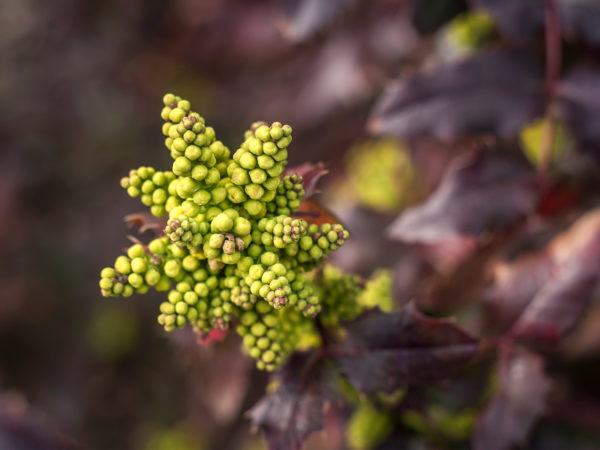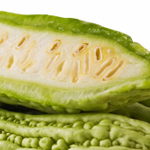Berberine For High Blood Sugar?
What can you tell me about berberine for blood sugar control? I have type 2 diabetes and heard it can help.
Andrew Weil, M.D. | August 28, 2017

Type 2 diabetes is a metabolic disorder resulting from the body’s inability to properly use insulin, the hormone that helps regulate the metabolism of carbohydrate foods the body uses for energy. It is the most common form of diabetes, accounting for 90 to 95 percent of all cases. Type 2 diabetes is nearing epidemic proportions in the United States, primarily the result of a greater prevalence of obesity and sedentary lifestyles. The upswing is also due to the increasing number of older people in the population.
Treating diabetes effectively relies on regular monitoring of blood sugar in order to keep levels in the target range. If this can’t be achieved with a healthy diet and regular exercise, medication may be prescribed.
Berberine is a naturally occurring compound found in a number of plants, including goldenseal, Oregon grape, goldthread and European barberry. The Chinese have used berberine-containing herbal remedies for some 3,000 years to treat infections, diarrhea and stomach problems. More recently, it has been studied in the U.S. for cholesterol control, although most studies have been in animals, not humans. Other studies – many from China – indicate that berberine can help reduce high blood sugar in people with diabetes.
Research indicates that taking 500 mg of berberine two to three times daily for up to three months might help control blood sugar as well as as the drugs metformin (Glucophage) or Rosiglitazone (Avandia). There are some safety issues, however. If you take berberine when you’re on medications to reduce blood sugar, the combination could push your sugar levels too low. Because berberine also can lower blood pressure, it should be used cautiously by anyone who has low blood pressure. Berberine is considered unsafe for pregnant women and nursing mothers. During pregnancy it may cross the placenta; some newborns exposed to berberine developed a type of brain damage. It also can be transferred to babies through breast milk, presenting a risk of harm. In addition, Berberine can interact with a number of medications, increasing the risk of adverse reactions.
Berberine-containing plants are not among the botanicals I recommend to help control blood sugar. The natural products I’ve found most effective are bitter melon (Momordica charantia) and prickly-pear cactus (Opuntia spp) in standardized extract form. Follow the dosage directions on the products. You can find more of my recommendations for dealing with type 2 diabetes here.
Andrew Weil, M.D.
Source:
Jun Lee et al, “Efficacy of Berberine in Patients with Type 2 diabetes.” Metabolism, May 2008, doi: 10.1016/j.metabol.20008.01.013











